
Cloderm Cream
Manufacturer
Kineses Laboratories
Salt Composition
Clobetasol (0.05% w/w)
Key Information
Short Description
Cloderm Cream is a steroid used to treat various skin conditions such as dermatitis, eczema, and allergies by reducing swelling, redness, and itchiness.
Dosage Form
Cream
Introduction
Cloderm Cream belongs to a group of medicines called steroids. It is used to treat various skin conditions such as dermatitis, eczema, and allergies. It works by reducing swelling, redness, and itchiness of the skin and prevents further irritation. While effective, it is important to use this medication as directed by a healthcare professional to avoid potential side effects and complications. Consult your doctor if your skin condition does not improve after four weeks of treatment.
Directions for Use
This medicine is for external use only. Use it in the dose and duration as advised by your doctor. Check the label for directions before use. Clean and dry the affected area and apply the cream. Wash your hands after applying unless hands are the affected area.
How it works
Cloderm Cream is a steroid. It works by blocking the production of certain chemical messengers that make the skin red, swollen, and itchy.
Quick Tips
Cloderm Cream is used to treat redness, swelling, itching, and discomfort of various skin conditions. It should be applied to the affected areas as a thin film two or three times daily or as advised by your doctor. Don't use it more often or for longer than advised by your doctor. Don't cover the area being treated with airtight dressings such as bandages unless directed by a doctor, as this may increase the risk of side effects. If you think the area of skin you are treating has become infected, you should stop using Cloderm Cream and consult your doctor. Consult your doctor if your skin condition has not improved after four weeks of treatment. Do not use it for more than 4 consecutive weeks at a time.
Related Medicines
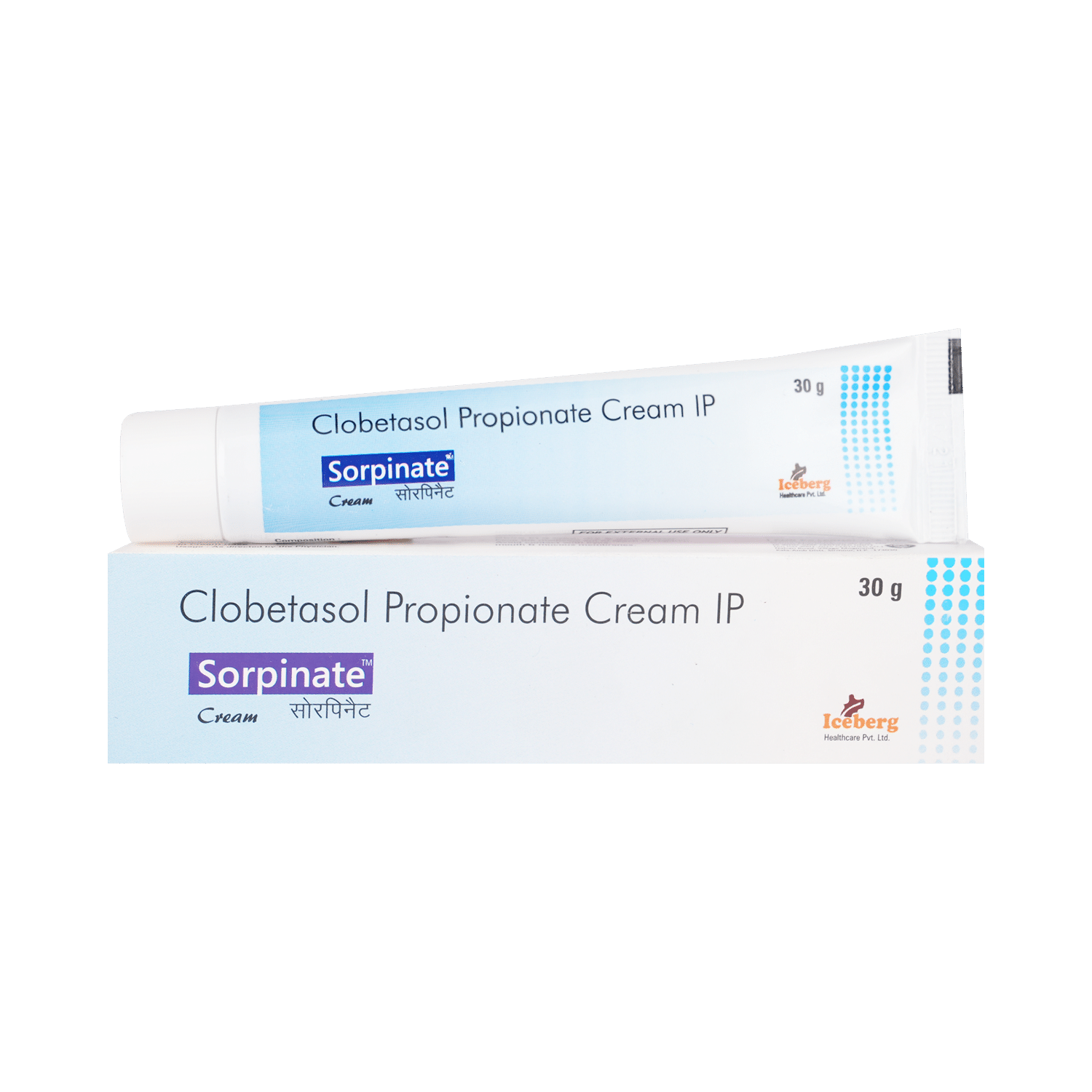
Sorpinate Cream

Clop-E Cream
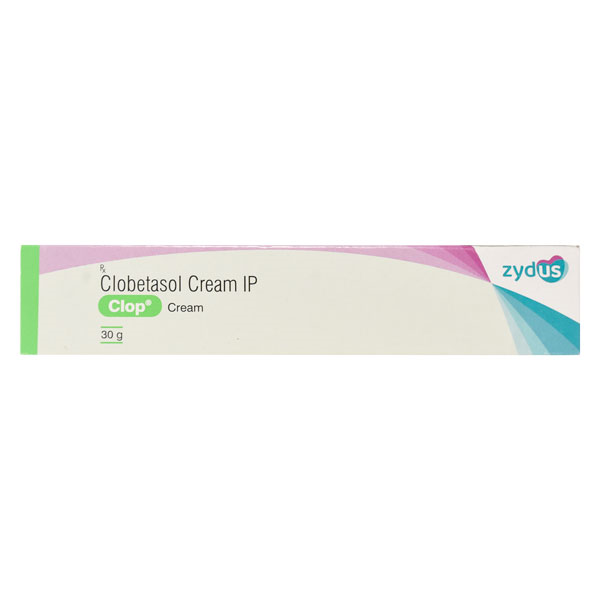
Clop Cream
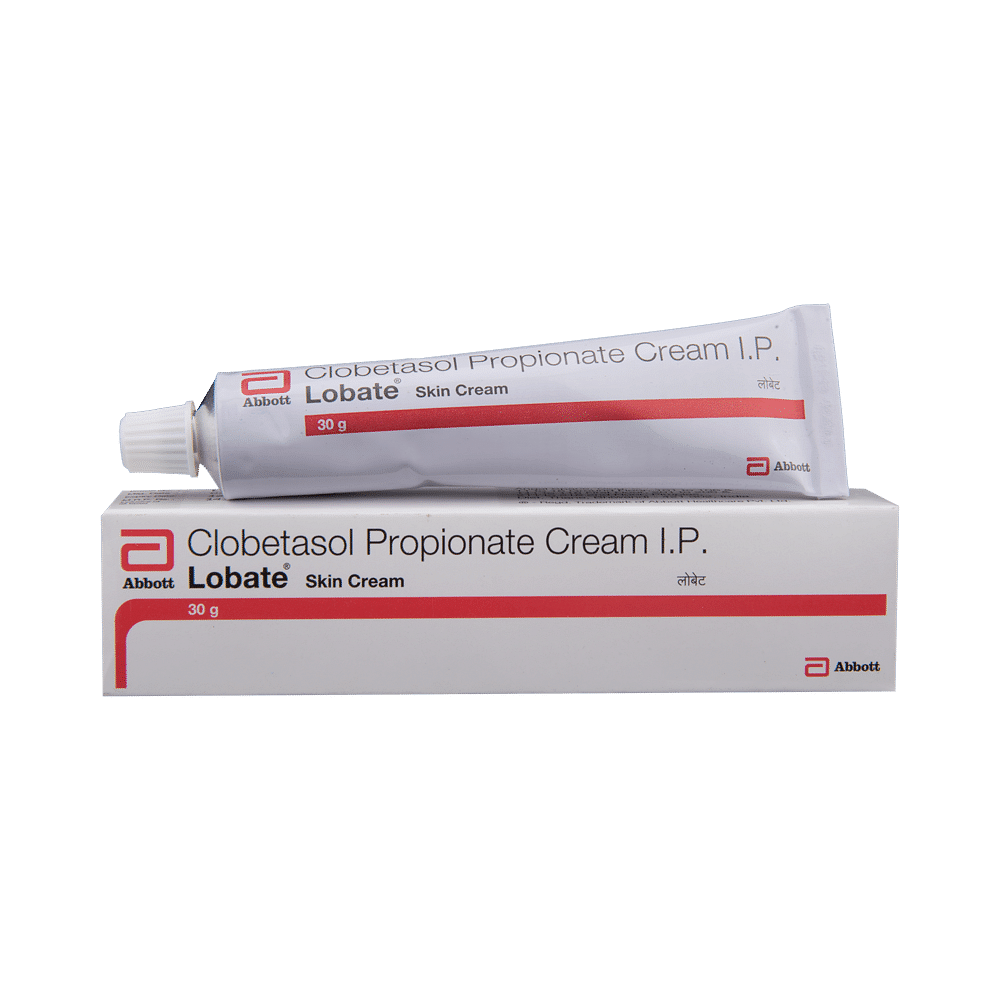
Lobate Cream
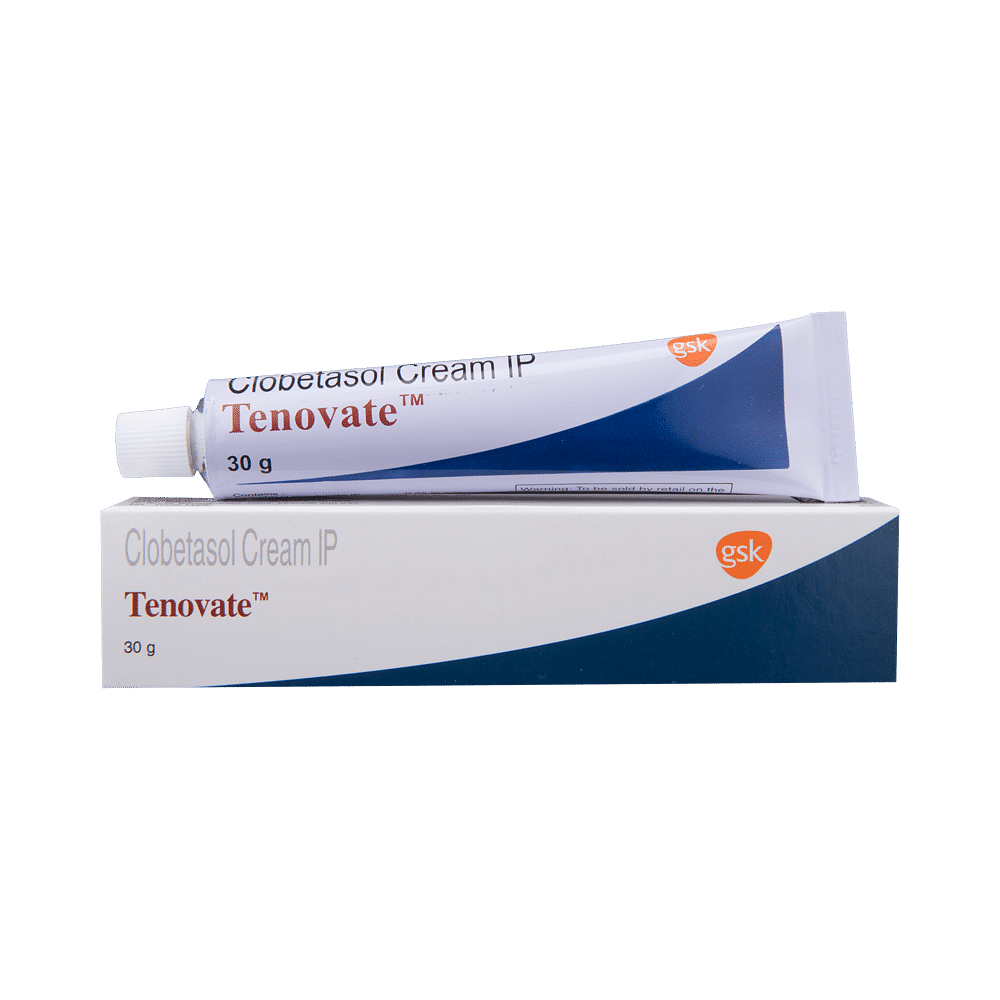
Tenovate Cream
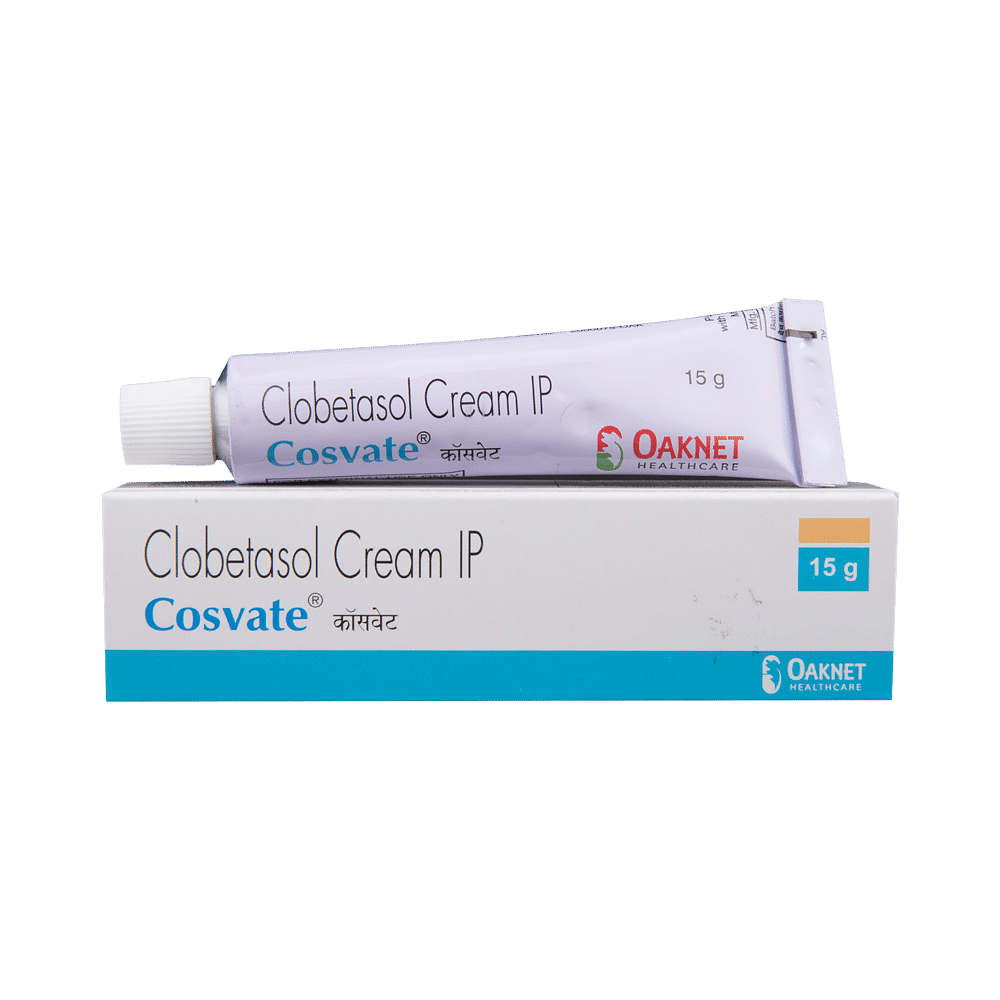
Cosvate Cream
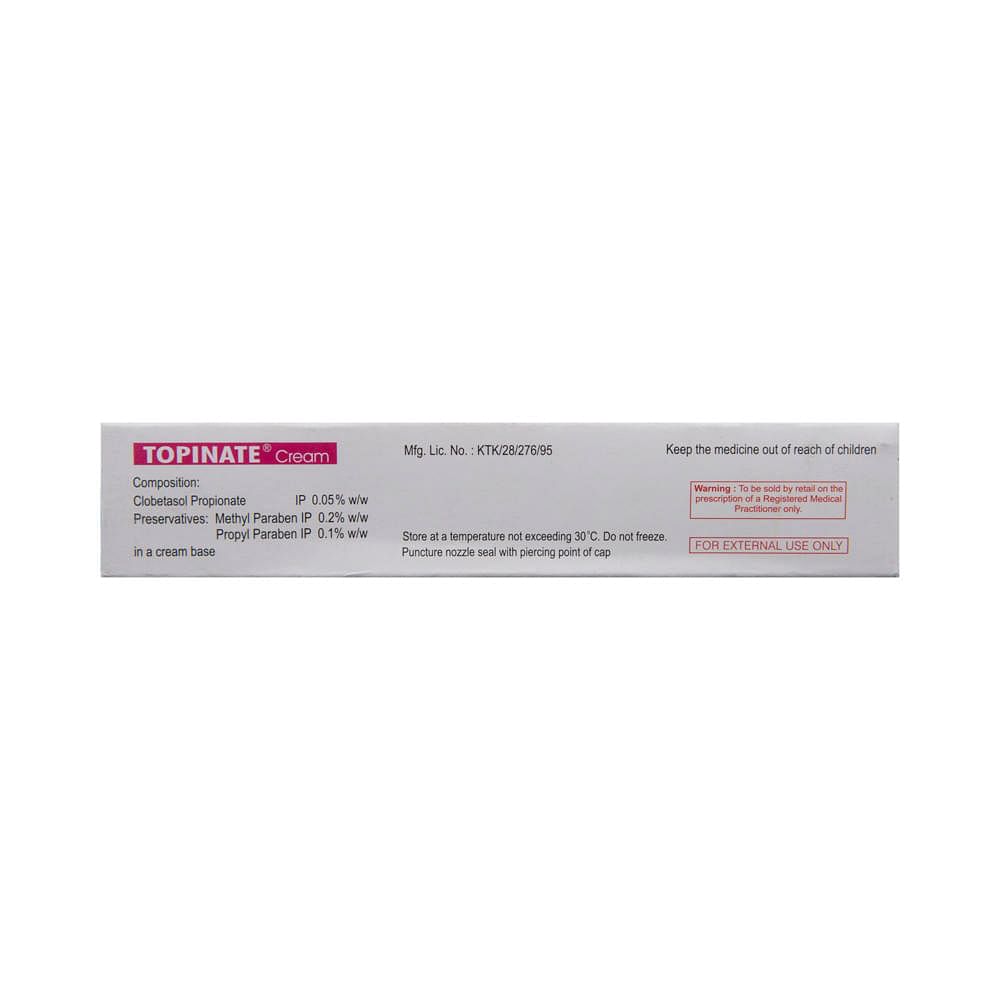
Topinate Cream

Clored 0.05% Cream

Clopinate Cream

Solicort 0.05% Cream
Frequently asked questions
Can Cloderm Cream be used for a long time?
Cloderm Cream is typically prescribed for a short duration, usually up to 2 consecutive weeks. However, in cases of chronic inflammatory conditions, the treatment may be longer. It is essential to consult your physician before using this medication to determine the appropriate treatment duration.
Does Cloderm Cream cause severe skin reactions?
Severe skin reactions are rare with Cloderm Cream. As an anti-inflammatory drug, it is used to treat skin diseases, skin reactions, and eczemas. However, skin reactions can occur in individuals who are hypersensitive to Cloderm Cream. It is crucial to leave the affected area open after application, as using occlusive dressings can lead to skin reactions. Inform your doctor immediately if you experience any skin reactions.
Can Cloderm Cream be used on the face?
Cloderm Cream should not be used on the face, axillae, groin, or areas with atrophy. In certain circumstances, your doctor may consider using it on the face, but only after consultation and with a maximum application duration of 5 days.
Can Cloderm Cream be applied to children?
Cloderm Cream is not recommended for children under 1 year of age. It is also not recommended for older children and adolescents due to the increased risk of side effects. In rare cases, your doctor may recommend this medication, but treatment is usually limited to 5 days, and the therapy is reviewed weekly.
Can we use Cloderm Cream in infections?
Cloderm Cream is not an antimicrobial or antifungal agent. It is a steroid medication that should not be used in infections, as it can suppress the immune system and increase the risk of infections. If your inflammatory lesions become infected or the infection spreads, consult your doctor immediately. They will withdraw the use of Cloderm Cream and provide appropriate antimicrobial therapy.
Can I stop taking Cloderm Cream when my symptoms are relieved?
No, do not stop taking Cloderm Cream and finish the full course of treatment, even if you feel better. Your symptoms may improve before your treatment is complete. Stopping Cloderm Cream before completing treatment can lead to a recurrence of symptoms.
Does Cloderm Cream cause dangerous skin reactions?
Local skin reactions are rare with Cloderm Cream. As an anti-inflammatory drug, it is used to treat skin diseases, skin reactions, and eczemas. However, skin reactions can occur in individuals who are hypersensitive to Cloderm Cream. It is essential to leave the affected area open after application, as using occlusive dressings can lead to skin reactions. If not caused by the medicine itself, reactions may be caused by added excipients. Inform your doctor immediately if you experience any skin reactions.


